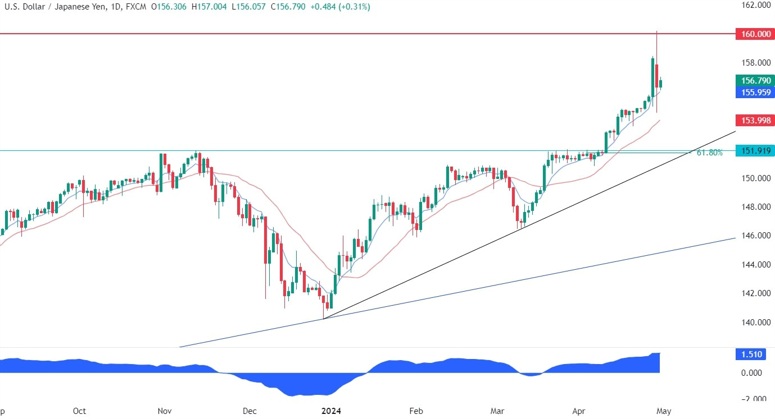Why is it Important to Regulate the Financial System?
In today’s highly interconnected and complex global economy, financial regulation plays a critical role in maintaining stability and protecting both individuals and the overall economy. It is crucial to have effective regulatory frameworks in place that can oversee and control the activities of financial institutions and markets.
Financial regulation refers to the set of rules, laws, and guidelines that govern the conduct and operations of financial institutions, such as banks, insurance companies, investment firms, and stock exchanges. These regulations are designed to ensure transparency, fairness, accountability, and stability within the financial system.
Here are several key reasons why financial regulation is important:
1. Maintaining Stability:
Regulation helps maintain the stability of the financial system by preventing excessive risk-taking and ensuring the soundness of financial institutions. It establishes safeguards to protect against market failures, such as the collapse of large institutions or widespread financial crises. Through prudential regulations, authorities can monitor the health of financial institutions, set capital requirements, and manage systemic risks.
2. Protecting Consumers:
Financial regulations aim to safeguard consumer interests by ensuring fair practices and preventing fraudulent activities. Consumer protection regulations require financial institutions to provide accurate and transparent information about their products and services, protect customer data privacy, and handle complaints effectively. These measures promote trust and confidence in the financial system, enabling individuals to make informed decisions and prevent exploitation.
3. Promoting Market Integrity:
Regulations play a crucial role in promoting market integrity and preventing market manipulation, insider trading, and other illegal activities. By enforcing strict rules and conducting regular audits, regulators can detect and deter fraudulent behavior, ensuring a level playing field for all participants in the financial markets. This fosters trust and encourages fair competition, which is essential for the proper functioning of financial systems.
4. Controlling Systemic Risks:
Financial regulation helps control systemic risks that can arise from interconnectedness and interdependencies within the financial system. By monitoring and regulating activities such as lending practices, leverage ratios, and derivatives trading, regulators aim to prevent excessive risk buildup that could lead to widespread economic disruptions. Effective regulation can also mitigate the negative impacts of external shocks and ensure the resilience of the financial system.
5. Fostering Economic Growth:
Properly regulated financial systems contribute to sustainable economic growth by providing a stable and supportive environment for businesses and investors. Financial regulations promote investor confidence, reduce uncertainty, and encourage long-term investments, which are crucial for economic development. By managing risks and preventing excessive speculation, regulation helps channel funds towards productive investments, supporting innovation, job creation, and overall prosperity.
In conclusion, financial regulation plays a vital role in ensuring the stability, integrity, and fairness of the financial system. It protects consumers, controls systemic risks, promotes market integrity, and fosters economic growth. By establishing clear rules and oversight mechanisms, financial regulation forms the backbone of a well-functioning and resilient financial system that can withstand challenges and contribute to sustainable economic progress.








